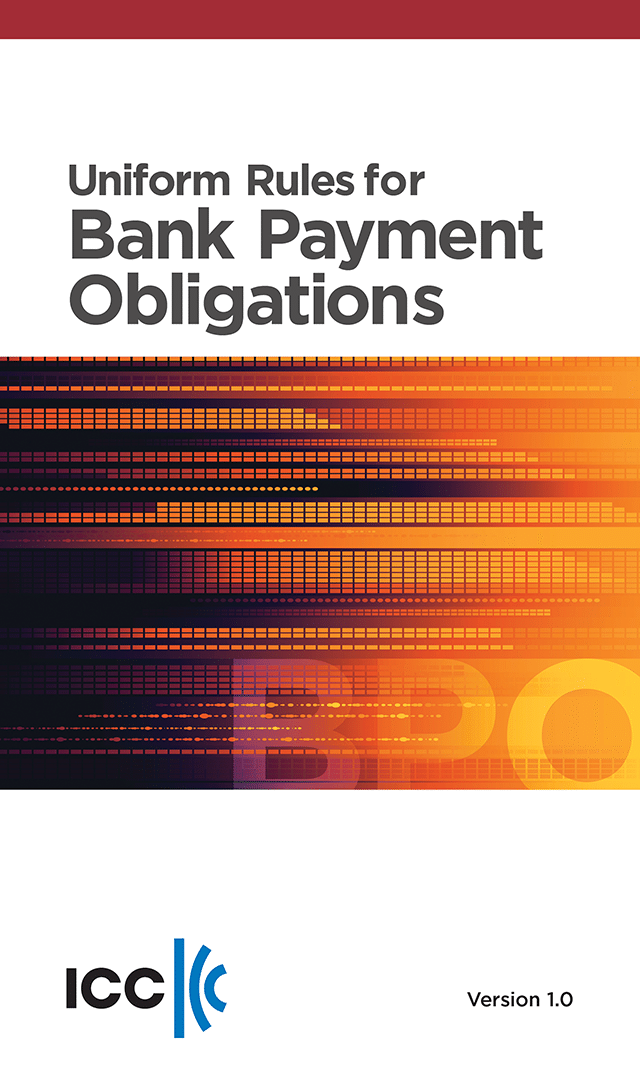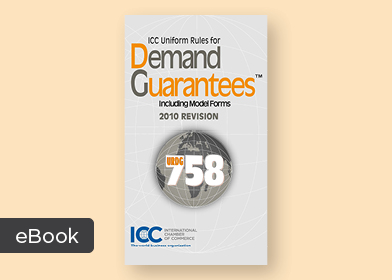You may also be interested in
An Introduction to Guarantees
USD $150
An introduction to guarantees designed to give you an overview of what a demand or bank guarantee is and its structure.
Advanced Guarantees
USD $200
Learn important lessons on the issuance of a bank guarantee, the use of counter guarantees and more complex transactions.
ICC Uniform Rules for Demand Guarantees (URDG 758)
USD $22
Indispensable companion to the ICC URDG 758, representing international best practice.




